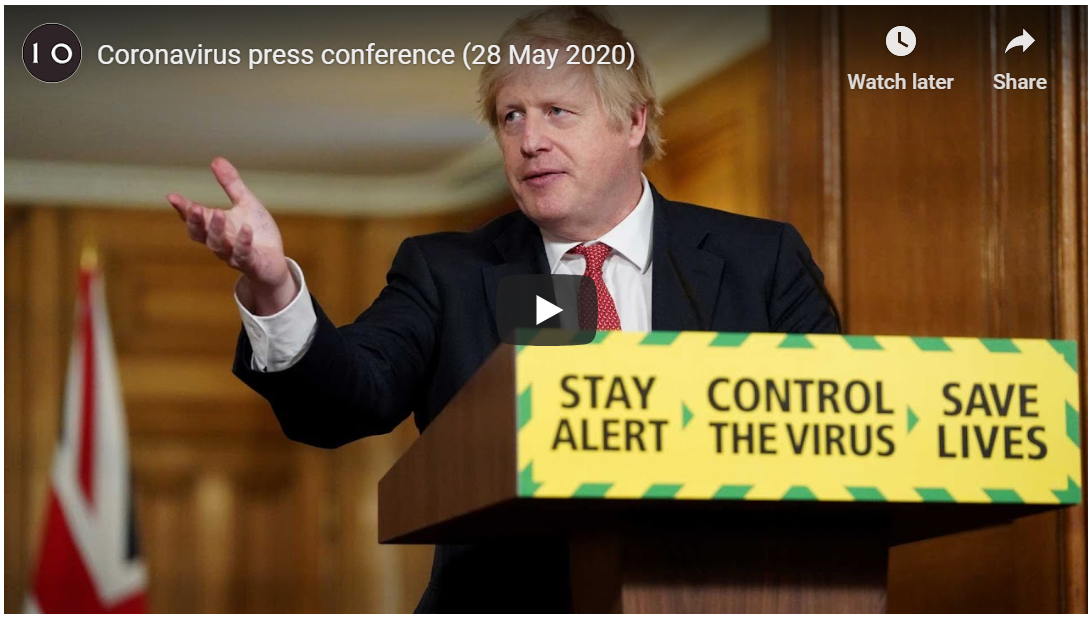Here is a very interesting article by Minouche Shafik, the Permanent Secretary at the UK Department for International Development. (For our cousins elsewhere, a Permanent Secretary is the most senior civil servant in a government department, ranking somewhere just below a Minister).
Minouche makes two key points: first, social protection schemes seem to be working quite well; and second, that poor people suffer much more from volatility and shocks than others – and there is growing evidence of the permanent harm that they suffer following a temporary shock. That makes a pretty compelling case for widespread use of social protection to put a safety net under people so that temporary shocks do not reduce a family to poverty for not just one but sometimes two generations.
There is a new paper by John Page and Jorge Saba Arbache (here) which finds that child mortality, for instance, goes up when growth is low, but doesn’t come back down when growth accelerates agan. Primary school completion rates and life expectancy similarly go down when growth is low but don’t recover in periods of high growth. The paper also finds that aid goes down during decelerations, adding to the volatility.
Minouche also says something I agree with and something I don’t agree with.
Here is what I think is dead right:
… attempts to orchestrate a tailored response to protect the most vulnerable will almost always lag behind the need.
This suggests the need for an automatic safety net response so that social protection kicks in automatically in the face of a shock. I would like to see social protection schemes become “demand led” – that is, donors would agree the entitlement criteria with governments, and if, in the face of an economic shock, there are more people who fall below that threshold, then the amount of funding from donors should automatically increase. This would help to make aid counter-cyclical, instead of pro-cyclical.
Here is what I don’t agree with:
DFID does not see the money we have committed to social protection as a welfare programme, although clearly for some households it will provide this function.
Why not? I think there is a strong case for having a permanent welfare programme, which transfers money from the rich to the poor. We should see aid not as a matter of temporary charity but the beginnings of a global system of social justice. (I wonder if Minouche’s choice of words – attributing this view to “DFID” rather than herself, suggests that she secretly agrees?)



1 Comment
Africa in the blogosphere « To Africa, from New York… · February 1, 2009 at 6:29 am
[…] focused on Africa, and I thought I’d share a few of my findings. More, surely, to come: Owen in Africa has the best blog roll I’ve ever seen, if you’re an Africa/human rights/civilian […]
Comments are closed.